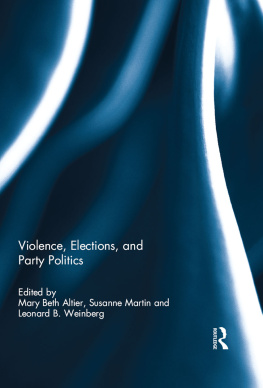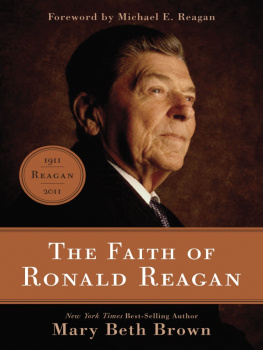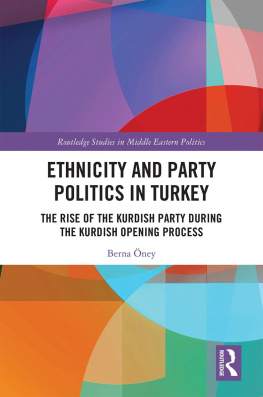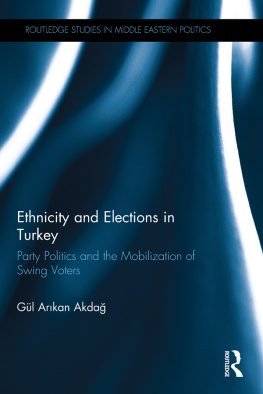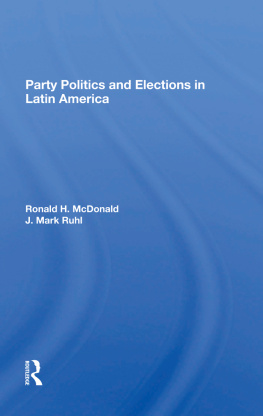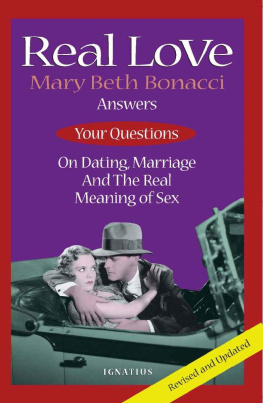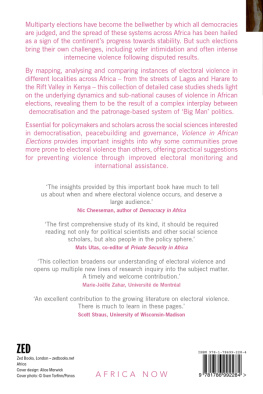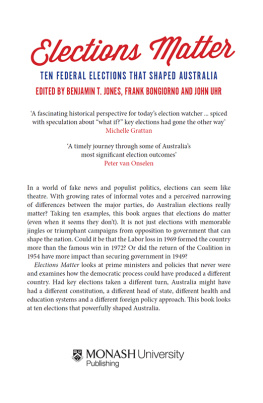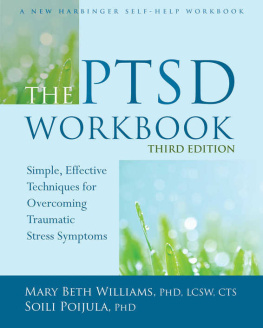Violence, Elections, and Party Politics
As the United States and the countries of Western Europe have sought to promote democratic rule in those parts of the world that have not enjoyed the blessings of liberty, they have failed to consider an important factor. Competitive elections, the sine qua non of democratic government, often give rise to serious bouts of political violence: mob riots, inter-party fighting, internal wars, and terrorism. The essays collected in this volume evaluate the relationship between terrorist activity and electoral politics. Do democratic elections themselves undermine the development and stability of the democratic institutions the United States and its allies seek to promote? Under what conditions are democratic elections effective at bringing terrorist organizations into the political process, thereby quelling violence? When and how might terrorist organizations use democratic elections to foment violence?
This book was published as a special issue of Terrorism and Political Violence.
Mary Beth Altier is a Postdoctoral Research Fellow at the International Center for the Study of Terrorism at The Pennsylvania State University.
Susanne Martin is an Assistant Professor in the Department of Political Science at the University of Nevada, Reno.
Leonard B. Weinberg is the Foundation Professor Emeritus of Political Science at the University of Nevada, Reno.
Violence, Elections, and Party Politics
Edited by
Mary Beth Altier, Susanne Martin and Leonard B. Weinberg
First published 2014
by Routledge
2 Park Square, Milton Park, Abingdon, Oxon, OX14 4RN
Simultaneously published in the USA and Canada
by Routledge
711 Third Avenue, New York, NY 10017
Routledge is an imprint of the Taylor & Francis Group, an informa business
2014 Taylor & Francis
All rights reserved. No part of this book may be reprinted or reproduced or utilised in any form or by any electronic, mechanical, or other means, now known or hereafter invented, including photocopying and recording, or in any information storage or retrieval system, without permission in writing from the publishers.
Trademark notice: Product or corporate names may be trademarks or registered trademarks, and are used only for identification and explanation without intent to infringe.
British Library Cataloguing in Publication Data
A catalogue record for this book is available from the British Library
ISBN13: 978-0-415-70565-3
Typeset in Times New Roman
by Taylor & Francis Books
Publishers Note
The publisher accepts responsibility for any inconsistencies that may have arisen during the conversion of this book from journal articles to book chapters, namely the possible inclusion of journal terminology.
Disclaimer
Every effort has been made to contact copyright holders for their permission to reprint material in this book. The publishers would be grateful to hear from any copyright holder who is not here acknowledged and will undertake to rectify any errors or omissions in future editions of this book.
Contents
Mary Beth Altier, Susanne Martin and Leonard B. Weinberg
Lindsay Shorr Newman
Nil S. Satana, Molly Inman and Jhanna Kristn Birnir
Robert Brathwaite
Tavishi Bhasin and Maia Carter Hallward
Luis de la Calle and Ignacio Snchez-Cuenca
Rogelio Alonso
Matt Buehler
Mary Beth Altier, Susanne Martin, and Leonard B. Weinberg
The chapters in this book were originally published in Terrorism and Political Violence, volume 25, issue 1 (2013). When citing this material, please use the original page numbering for each article, as follows:
Chapter 1
Introduction to the Special Issue on Violence, Elections, and Party Politics
Mary Beth Altier, Susanne Martin and Leonard B. Weinberg
Terrorism and Political Violence, volume 25, issue 1 (2013) pp. 1-7
Chapter 2
Do Terrorist Attacks Increase Closer to Elections?
Lindsay Shorr Newman
Terrorism and Political Violence, volume 25, issue 1 (2013) pp. 8-28
Chapter 3
Religion, Government Coalitions, and Terrorism
Nil S. Satana, Molly Inman and Jhanna Kristn Birnir
Terrorism and Political Violence, volume 25, issue 1 (2013) pp. 29-52
Chapter 4
The Electoral Terrorist: Terror Groups and Democratic Participation
Robert Brathwaite
Terrorism and Political Violence, volume 25, issue 1 (2013) pp. 53-74
Chapter 5
Hamas as a Political Party: Democratization in the Palestinian Territories
Tavishi Bhasin and Maia Carter Hallward
Terrorism and Political Violence, volume 25, issue 1 (2013) pp. 75-93
Chapter 6
Killing and Voting in the Basque Country: An Exploration of the Electoral Link Between ETA and its Political Branch
Luis de la Calle and Ignacio Snchez-Cuenca
Terrorism and Political Violence, volume 25, issue 1 (2013) pp. 94-112
Chapter 7
The Madrid Bombings and Negotiations With ETA: A Case Study of the Impact of Terrorism on Spanish Politics
Rogelio Alonso
Terrorism and Political Violence, volume 25, issue 1 (2013) pp. 113-136
Chapter 8
Safety-Valve Elections and the Arab Spring: The Weakening (and Resurgence) of Moroccos Islamist Opposition Party
Matt Buehler
Terrorism and Political Violence, volume 25, issue 1 (2013) pp. 137-156
Chapter 9
Conclusions to the Special Issue on Violence, Elections, and Party Politics
Mary Beth Altier, Susanne Martin, and Leonard B. Weinberg
Terrorism and Political Violence, volume 25, issue 1 (2013) pp. 157-159
Please direct any queries you may have about the citations to clsuk.permissions@cengage.com
MARY BETH ALTIER
International Center for the Study of Terrorism, The Pennsylvania State University, University Park, Pennsylvania, USA
SUSANNE MARTIN AND LEONARD B. WEINBERG
Department of Political Science, University of Nevada, Reno, Reno, Nevada, USA
Mary Beth Altier is a postdoctoral fellow at the International Center for the Study of Terrorism at The Pennsylvania State University. Susanne Martin is an assistant professor in the Department of Political Science, University of Nevada, Reno. Leonard B. Weinberg is the Foundation Professor of Political Science Emeritus at the University of Nevada, Reno.
At a White House banquet held in his honor in March 1954, Winston Churchill observed that it was better to jaw-jaw than war-war. In the Cold War atmosphere of the time (Stalin had died the previous year), Churchill was maintaining that talking with the Soviet leadership was better than a nuclear confrontation between the two superpowers. Who would argue otherwise?
Yet by treating talking and warring as opposites Churchill unintentionally calls our attention to a subject on which we intend to focus in this introduction. Surely few would deny that political parties, especially in the democratic world, are institutions that specialize in talking, just as armies specialize in warring. For parties, words are weapons. Political parties, their candidates for officeand elected representatives usually devote themselves to persuading othersrhetoric in other wordsabout the superiority of their preferences and candidates over those of their opponents. Violence belongs to another realm. But is this really true?


